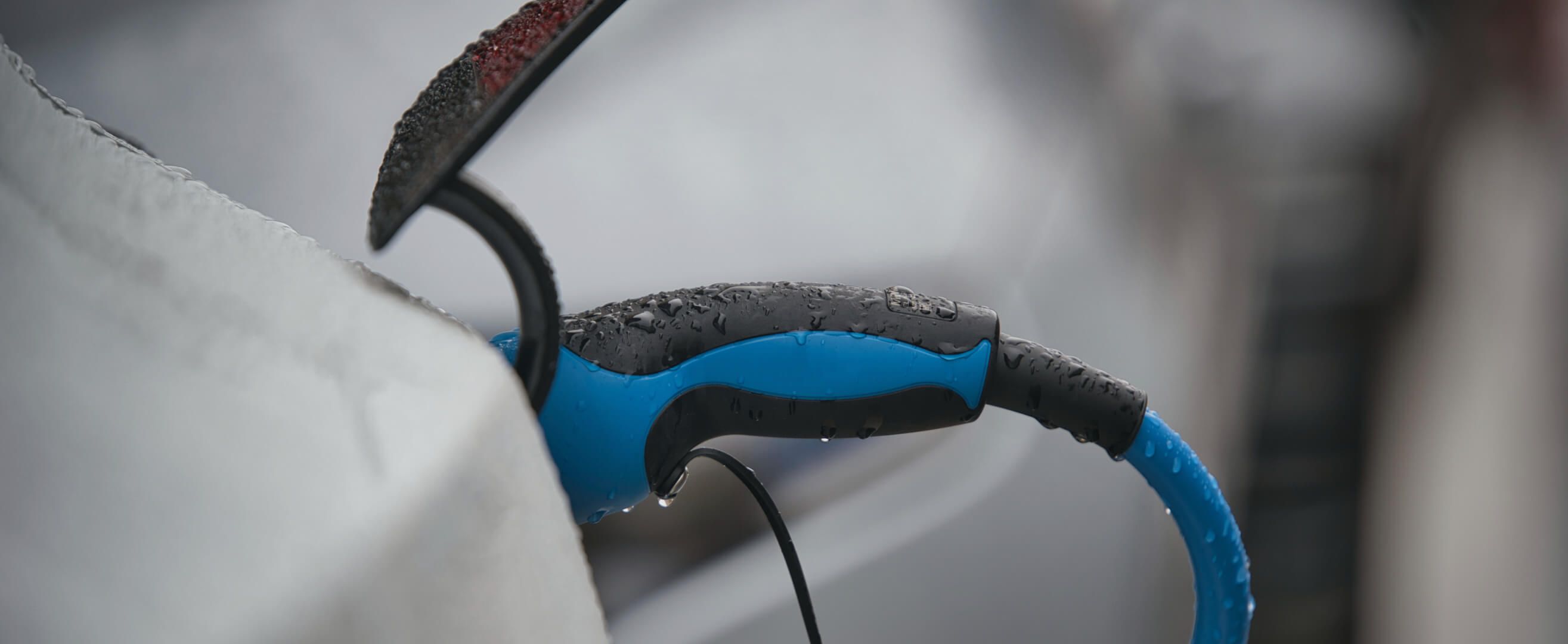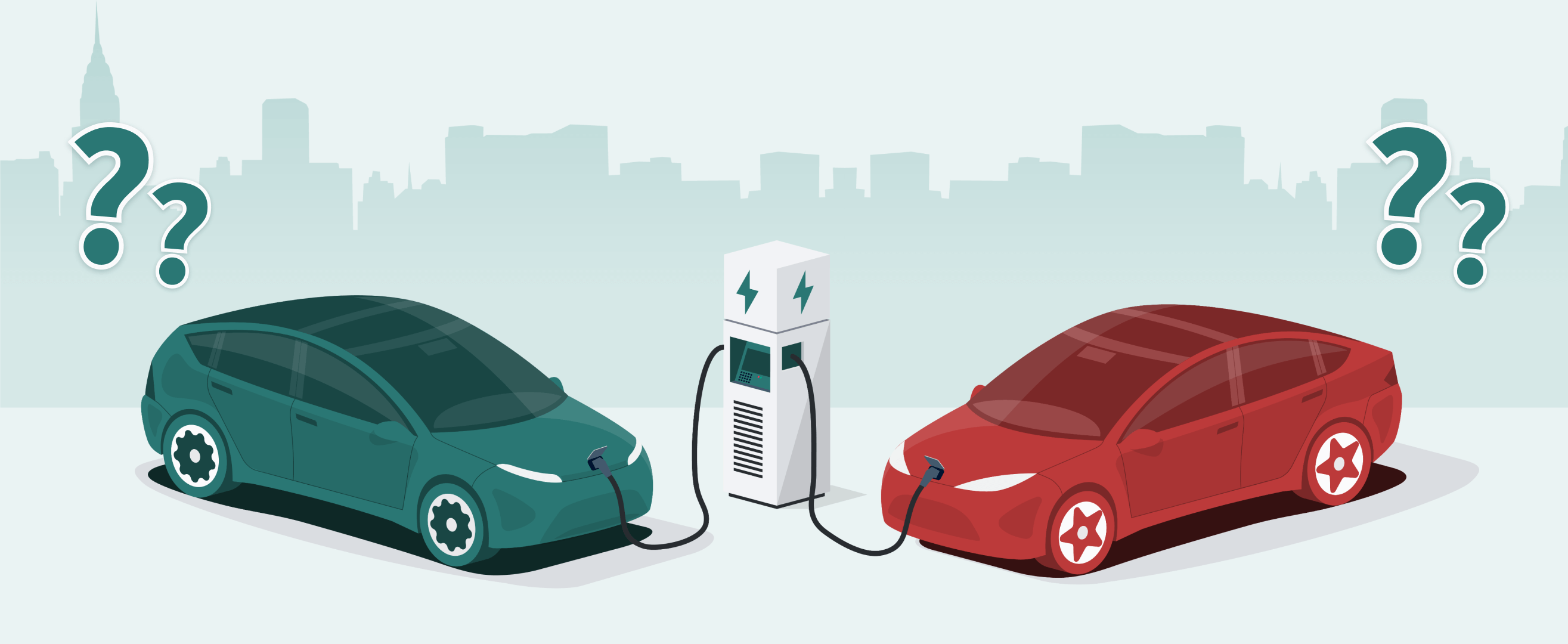As we move towards a more sustainable society, electric vehicles emerge as a promising alternative to reduce carbon emissions and tackle environmental challenges. However, it is common that, in the face of any technological advancement, doubts and natural concerns arise. In the case of electric vehicles, it's no different; inaccurate or incomplete information leads to speculation, which in turn fuels myths about electric cars and the charging process.
In this text, we will address some myths constructively, with accurate information so that our readers can make informed decisions about electric mobility.
Myth 1: Fast charging damages the battery
Fact: There are no conclusive studies directly proving that fast charging damages batteries. However, this type of charging can impact the lifespan of electric vehicle batteries, especially if not done properly. What we do know is that extreme heat, driving habits, usage time, and the frequency of charging cycles can accelerate battery degradation; therefore, it is recommended to balance fast charging sessions with slow charging to extend battery life.
Myth 2: Public charging is unreliable
Fact: In the past, it was common to find electric vehicle charging stations out of order or with technical problems. However, in recent years, there has been significant investment in technology to monitor and collect real-time feedback on charging stations in the public network, with the aim of improving the experience for electric car drivers. In this context, miio offers a comprehensive solution: both for charging station operators, who can monitor the status of their network, and for drivers, who can check the availability of stations, their rating, and even solve problems directly through the miio app.
Myth 3: Charging takes forever
Fact: Currently, there are fast chargers capable of charging the battery from 0 to 80% in less than 20 minutes. However, charging time may vary depending on factors such as the charging power of both the charger and the vehicle, battery capacity, and the current battery charge level.
Myth 4: You can't charge in the rain
Fact: It is possible to charge an electric vehicle in the rain. Charging stations and cables are designed with this in mind and are therefore waterproof, with protection systems against short circuits, ensuring safe charging even in the rain.
Myth 5: An Electric Car can give you a shock
Fact: An electric car, despite being powered by electricity, is not associated with the risk of electrocuting occupants. As previously mentioned for charging in the rain, electric vehicles adhere to very strict safety standards and are fully equipped to protect occupants from any such risk.
Myth 6: There are few charging stations
Fact: In Europe, the electric vehicle charging infrastructure is constantly expanding, with a significant increase in the number of charging stations in recent years. According to the International Energy Agency (IEA), in 2022, Europe had more than 500 thousand public charging stations.
Although there are still areas with lower charging station density, especially in more remote regions, the network is continuously growing, and there are increasingly more stations available to meet the growing demand for electric mobility solutions.
To find stations quickly, download the miio app. There are over 125 thousand registered stations in Portugal, Spain, and France.
Myth 7: Electric cars need daily charging
Fact: Electric cars do not necessarily need to be charged every day. Most drivers travel distances between home and work that are within the vehicle's total range. The frequency of charging varies depending on vehicle usage, battery capacity, and daily distance traveled. Some also choose to charge their cars at home overnight, taking advantage of lower electricity rates. Generally, this is sufficient to meet their daily commuting needs.
Conclusion
It is important to debunk some misconceptions about electric vehicle charging. By addressing these myths, we can promote a clearer and properly informed understanding of the needs and operation of electric cars.
The reality is that fast charging technology is constantly evolving, becoming increasingly efficient and convenient for users. With the expansion of charging infrastructure and awareness of electric vehicle capabilities, we can overcome these myths and promote a smoother transition to electric mobility.
Find more content about electric vehicles on our blog.


